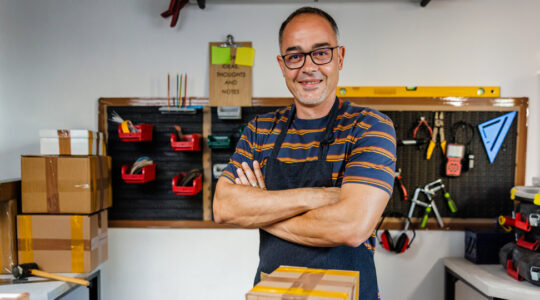An Australian company will build the world’s first mobile full-body CT, which will be rolled out in rural America.
Adelaide-based Micro-X will develop the scanner after securing a $25m development contract from the US Advanced Research Projects Agency for Health (ARPA-H).
Micro-X Chief Executive Officer Kingsley Hall said the contract to develop a lightweight and portable full-body CT was awarded under the US Government agency’s Platform Accelerating Rural Access to Distributed and Integrated Medical Care (PARADIGM) program.
Mr Hull said PARADIGM aimed to address the current challenges in accessing rural health, by creating a scalable vehicle-based platform that provided advanced medical services out of hospital.
He said Micro-X was one of 12 teams selected to deliver a suite of mobile services in the United States.
“Using Micro-X’s small but powerful Nano Electronic X-ray (NEX) Technology X-ray tubes, the company aims to deliver a full-body CT weighing just 225 kilograms, compared to conventional CTs that weigh more than 2000 kilograms.”
Mr Hull said the technology had previously been advanced through Micro-X development contracts awarded by the US Department of Homeland Security (DHS) and Australian Medical Research Future Fund (MRFF).
He said conventional CT held the largest share, approximately 30 percent, of the global medical imaging market and was the current medical imaging standard for a wide range of diagnoses including cardiac imaging, trauma diagnosis, cancer screening, and lung screening.
Micro-X Chief Scientific Officer (US) Brian Gonzales said ARPA-H’s vision for the PARADIGM program was closely aligned with Micro-X’s vision to create revolutionary X-ray imaging.
“We are extending hospital grade imaging beyond the boundaries of conventional hospitals to bring a vehicle mounted full-body CT solution to rural communities,” Mr Gonzales said.








